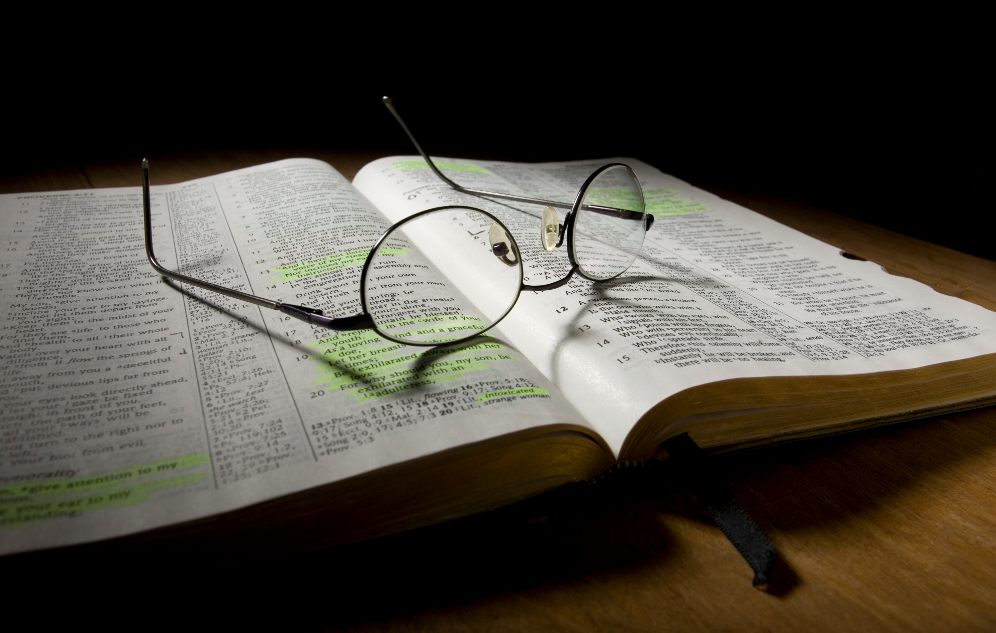By Sam E. Stone
 “The deliverance of Israel from the bondage of Egypt was at hand; also their adoption as the nation of Jehovah,” writes C. F. Keil. “But for this a divine consecration was necessary, that their outward severance from the land of Egypt might be accompanied by an inward severance from everything of an Egyptian or heathen nature. This consecration was to be imparted by the Passover—a festival which was to lay the foundation for Israel’s birth into the new life of grace and fellowship with God, and to renew it perpetually in time to come.”
“The deliverance of Israel from the bondage of Egypt was at hand; also their adoption as the nation of Jehovah,” writes C. F. Keil. “But for this a divine consecration was necessary, that their outward severance from the land of Egypt might be accompanied by an inward severance from everything of an Egyptian or heathen nature. This consecration was to be imparted by the Passover—a festival which was to lay the foundation for Israel’s birth into the new life of grace and fellowship with God, and to renew it perpetually in time to come.”
God gave detailed instructions that were to guide his people at this crucial moment in their history. The descendants of Abraham and Sarah had been enslaved in Egypt. God had raised up Moses to lead them out of bondage and to the promised land. Pharaoh was reluctant to allow this large group of slave laborers to leave, however. Through Moses, the Lord sent a series of plagues against the Egyptians. Our text anticipates the final plague and provides a clear record of what took place.
When to Eat the Lamb
Exodus 12:1-7
At this point God inaugurated a new calendar for Israel. This was to remind the people that their life as the people of God was tied to the Lord’s historic deliverance of them with the exodus. The Canaanite name for this month was Aviv (13:4; 23:15; 34:18). Later the Babylonian name Nisan was used (Nehemiah 2:1; Esther 3:7). The annual observance was to occur in the month that marked the beginning of Israel’s new year. It corresponds very nearly to our April.
Each man is to take a lamb for his family. Although the word translated “lamb” can include the young of a goat, it appears that sheep were almost always used. Every family was to be involved in eating the Passover meal. J. C. Connell explains that 10 men, besides women and children, were considered the minimum to consume one lamb. The lamb selected had to be a one-year-old male without spot or blemish. This is symbolic of the perfect sacrifice of Jesus, the Lamb of God, for the sins of the world (see 1 Peter 1:19, 20; Hebrews 4:15; 7:26; 9:14). Later all of Israel’s sacrifices were also required to be without defect (see Exodus 29:1; Leviticus 22:21; Numbers 19:2).
The lamb was to be selected on the 10th day of the month, and kept apart from the rest of the flock. It was to be slain on the 14th day of the month. The observance of the Passover in this way was a way to guarantee the participation of every Israelite in the Passover feast. The lamb was to be slain before or at sunset (Deuteronomy 16:6). The family representative who killed the lamb was to put its blood on the doorframes of the house where the lamb was eaten.
How to Eat the Lamb
Exodus 12:8-11
The meat was to be roasted over fire and eaten hastily. The bitter herbs that accompanied it served to remind them of the bitterness of their life in Egypt, from which the Lord was delivering them. The bread was not to include any yeast because they were to leave Egypt with haste, and could not wait for bread to rise. All had to be eaten at one sitting. Any meat left over was to be burned. Roasting the animal insured that no blood remained. Later in the wilderness God provided manna for them each day. This demonstrated their daily dependence on God for daily bread (compare Matthew 6:11). When they ate the meal, they were to be dressed, ready to leave momentarily.
Why to Eat the Lamb
Exodus 12:12-14
The Passover meal was to serve as a reminder for ages to come how God struck down all of the firstborn in Egypt that night, both people and animals, while he spared all of the Israelites. Wilbur Fields noted, “Pass through in 12:12 is a different term from pass over. Passing through merely has the idea of movement across some area. Passing over has the idea of sparing, or passing by. To Egypt it was a passing through; to Israel it was a passing over!”
The blood on the doorposts marked all who would live. The blood of Jesus does the same. The death of the Lamb of God is accepted by God in payment for our sins. The Jews recall what God did when they observe Passover; Christians remember Jesus’ sacrifice each time they observe the Lord’s Supper (1 Corinthians 11:26).
Sam E. Stone is the former editor of Christian Standard. He continues his writing and speaking ministry from his home in Cincinnati, Ohio.



Comments: no replies